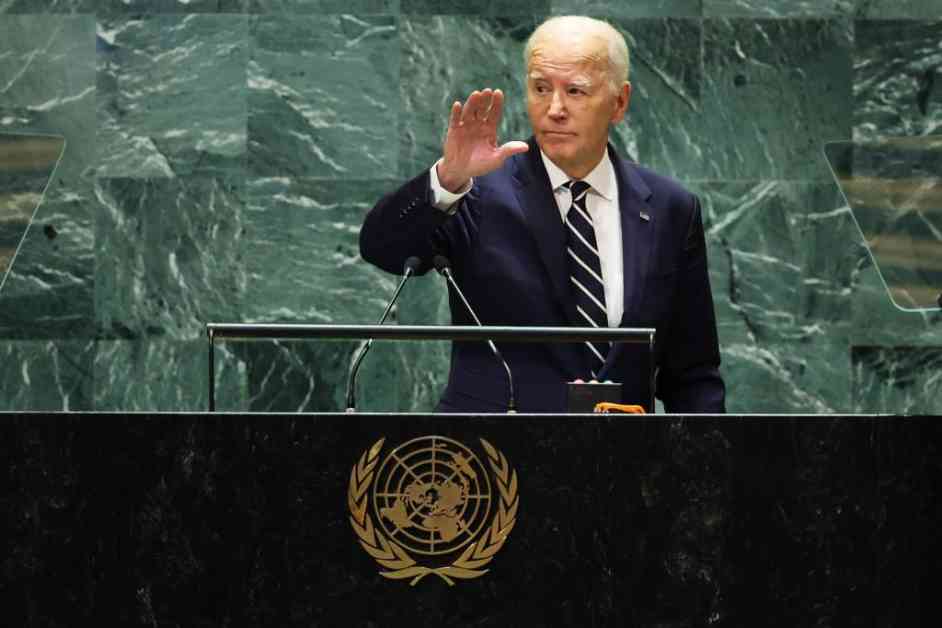The United States Department of Justice (DOJ) has recently come under fire for defending United Nations staffers accused of collaborating with Hamas, a designated terror group. This controversial move has raised questions about the administration’s stance on accountability and justice in the face of terrorism.
UN Employees Accused of Collaboration with Hamas
The controversy stems from a lawsuit filed in New York by victims of a terror attack on October 7th, alleging that the UN Relief and Works Agency for Palestine Refugees (UNRWA) and its officials aided and abetted Hamas. The evidence of collaboration between UNRWA and Hamas is not new, with statements from former UNRWA Commissioner-General Peter Hansen in 2004 suggesting that Hamas members were on the UNRWA payroll.
The lawsuit accuses UNRWA staffers of directly participating in the October 7th attack, as well as imprisoning and torturing hostages afterward. Despite the United Nations’ commitment to human rights, it has invoked immunity for itself and its employees in response to the lawsuit, sparking outrage among the victims and their supporters.
DOJ’s Defense of UN-Hamas Terrorists
In a surprising turn of events, the DOJ has joined the United Nations in arguing for “absolute immunity” for UNRWA and its workers from the lawsuit. The DOJ’s letter cites the 1945 International Organizations Immunities Act to justify its position, claiming that the UN officials are entitled to immunity under this law.
However, the broad interpretation of UN immunity has raised concerns about the administration’s defense of individuals accused of collaborating with a known terror group. The DOJ’s decision to support the UN’s immunity claims has drawn criticism for prioritizing legal technicalities over accountability for acts of terrorism.
Legal Implications and Policy Considerations
The Supreme Court’s ruling in 2019 on the International Organizations Immunities Act clarified that international organizations are only afforded the same immunity from suit as foreign governments under the Foreign Sovereign Immunities Act. This precedent highlights the need for accountability in cases involving support for terrorism, even within international organizations like the United Nations.
The administration’s defense of UNRWA’s immunity has sparked calls for legislative action, such as the Limiting Immunity for Assisting Backers of Lethal Extremism (LIABLE) Act introduced by Sen. Ted Cruz. This proposed measure aims to hold international organizations accountable for promoting terror, similar to how countries like Iran can be held liable for sponsoring terrorism.
In conclusion, the controversy surrounding the DOJ’s defense of UN staffers accused of collaborating with Hamas highlights the complex legal and policy considerations at play. As the debate continues, the need for accountability and justice in the face of terrorism remains a pressing issue that requires careful examination and action.

